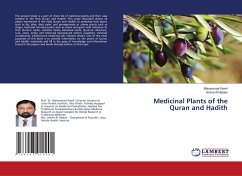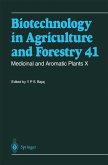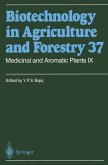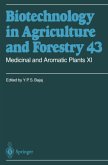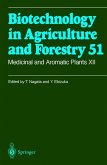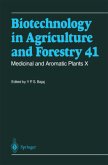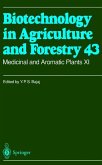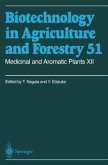The present study is a part of check list of medicinal plants and their uses enlisted in the Holy Quran and Hadith. This study described almost all plants mentioned in the Holy Quran and Hadith to symbolize holy plants such as fig, olive, date palm, and pomegranate or aroma plants such as zinger, basil and nutritious plant such as onion and garlic with reference to their Quranic name, common Name, botanical name, Qura'nic reference, sura, verse, origin and historical background (where available), chemical constituents, traditional & medicinal use, relevant ahadis. One of the main purposes of this book is to provide information on the plants of Quran and Hadith exclusively and fill in the gaps of knowledge and information found in the papers and books already written on this topic.
Bitte wählen Sie Ihr Anliegen aus.
Rechnungen
Retourenschein anfordern
Bestellstatus
Storno

